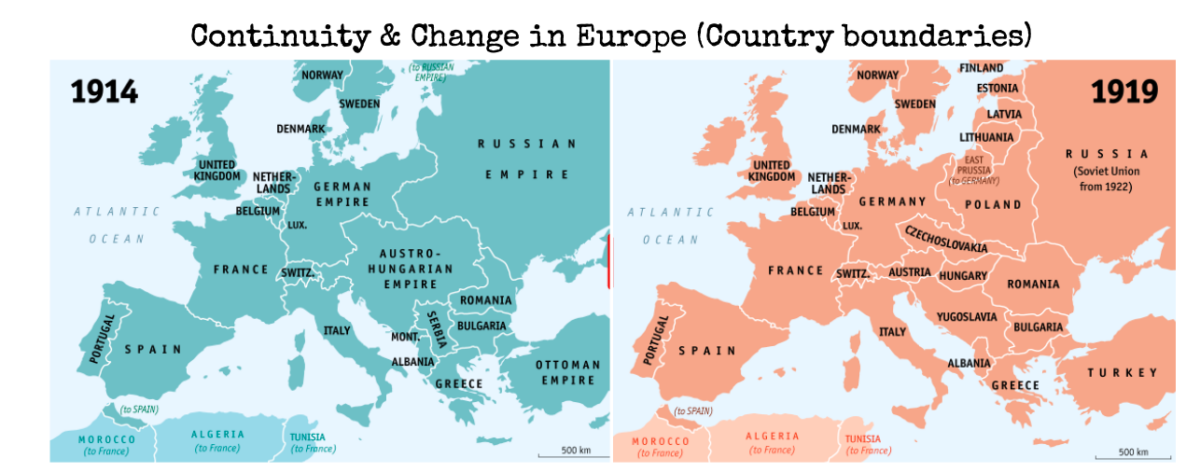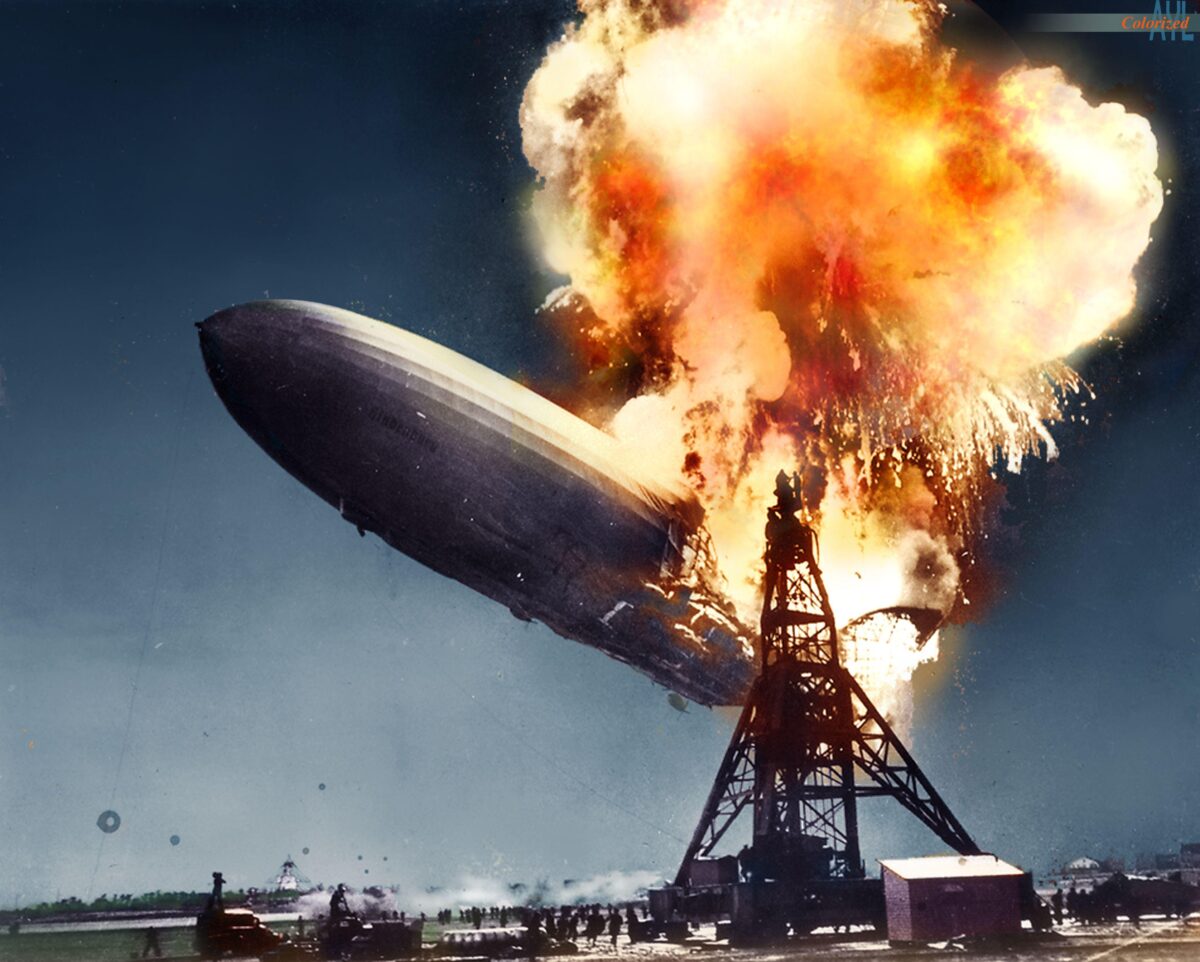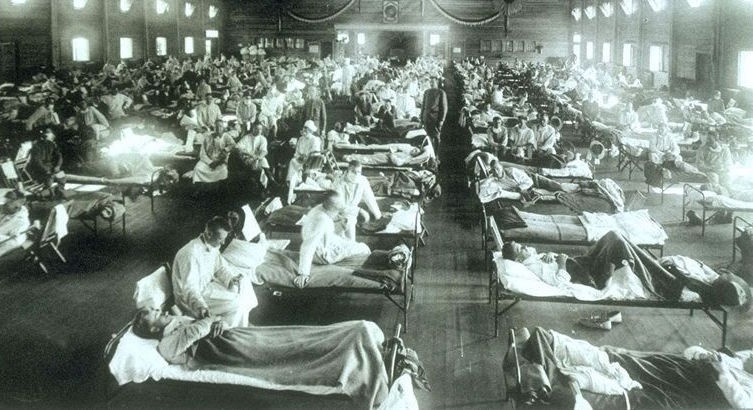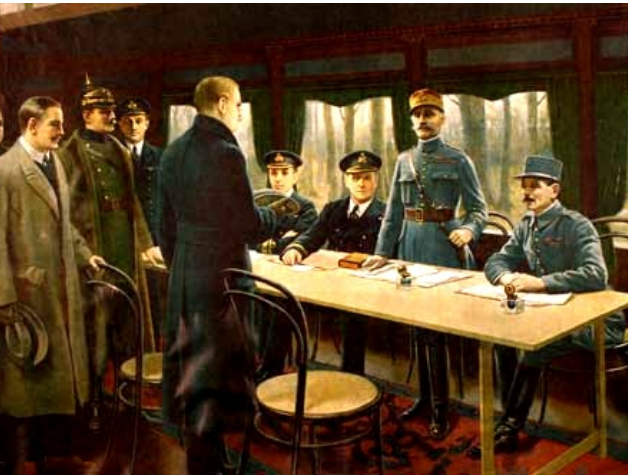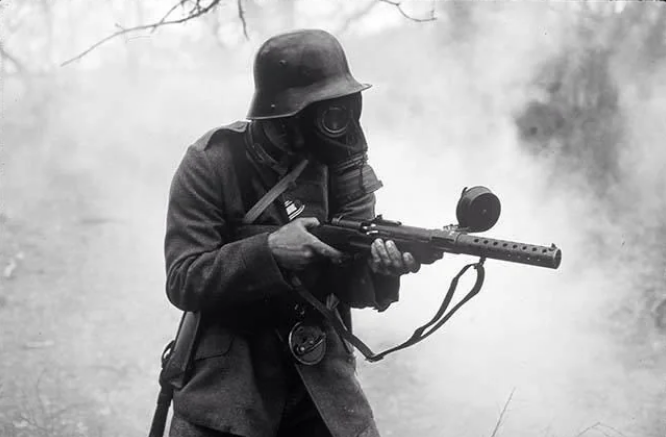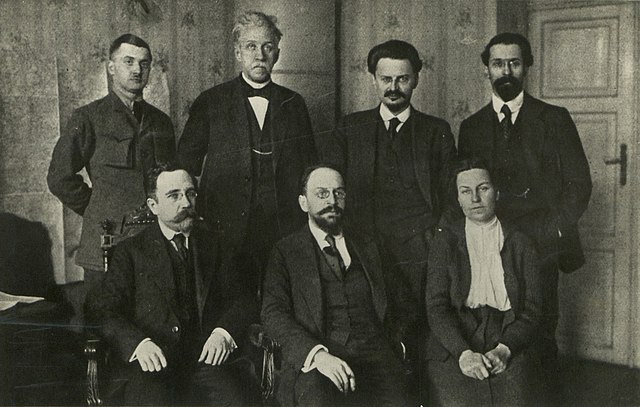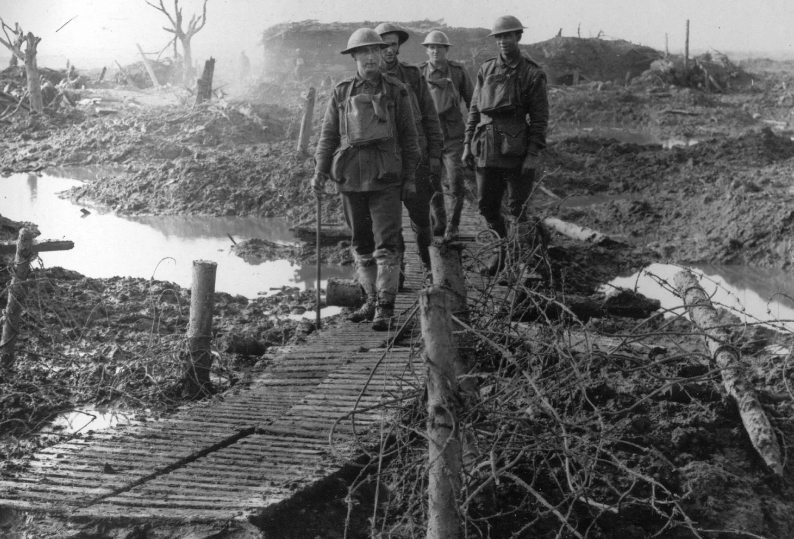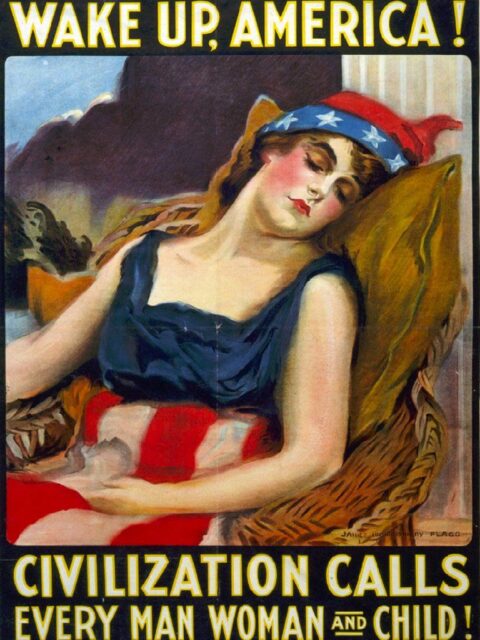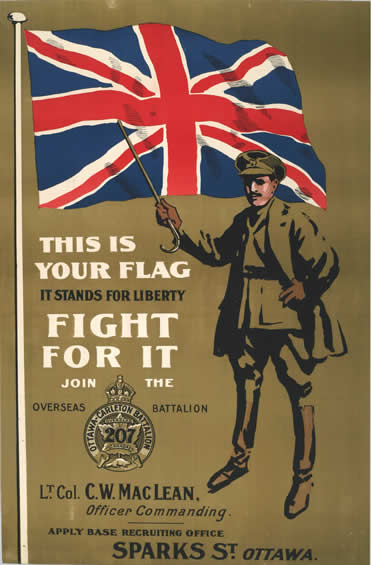Two and a half years. 50 episodes. 100+ hours. When we set out to cover World War I back in September 2022, after our Scramble for Africa and our Civilizations (1400-1900) series, we had a plan for how we were going to go about it. In this debrief, Dave and I talk about what we were able to do better and worse by using this format compared to when Dave taught it (and I studied it) in high school and when we both studied it in university. As well as some reflections on what stood out from the history, the idea of WWI as an inflection point in history, and previewing our next three series: Interwar, World War II, and Decolonization.
Tag: World War Civ
Was World War I an Immense Anglo-American Conspiracy?
We have come to the end of our study of World War I, gone over its causes, events, and costs in great detail. Now it’s time for a plot twist: the idea that the whole war was conceived and extended by a conspiratorial group of race patriots at the heart of the Anglo-American elite. We use Carroll Quigley’s book, the Anglo-American Establishment; Docherty and McGregor’s two books, Hidden History and Prolonging the Agony; and James Cafferky’s Lord Milner’s Second War, to present the case that the war was orchestrated by this Secret Elite to destroy the possibility of a German industrial rival possibly allied with Russia… perhaps this elite still exists… and still conspires along the same lines one hundred years later!
World War Civ 49: How the war changed how things work
From the transformation of all the technologies of war – railways, air travel, wireless, tanks, poison gas – to the changes to the institutions of daily life (notably health care) World War I made many changes into the world we recognize today. Also – my apologies – in the second half, my recurrent audio issue came up and I was recording with my webcam instead of my mic!
World War Civ 48: Great War, at what cost?
Counting the costs and losses of World War I. 8.5 million killed on the battlefield, 21 million wounded. 10 million civilian deaths, then a flu epidemic that killed tens of millions more. The global economy transformed beyond recognition. The beginning of the end of the colonial empires. And various measures that are inevitably going to lead to another, bigger world war.
World War Civ 47: Germany Collapses 1918
Ludendorff’s final gamble has failed, fizzling out like every mass offensive of this war. The war is now unwinnable for Germany. But the Germans won’t admit it, and can’t find anyone to sign an armistice. Eventually someone is found, and the myth of the “stab in the back” begins to be written, a myth that will set us up for the next World War. But for now, the final military episode of World War Civ: Germany Collapses, 1918.
World War Civ 46: Ludendorff’s Last Gamble Spring 1918
With peace in the East, Germany can finally try to win the war against France in the West, and the clock is ticking before America’s troops make the war unwinnable. In addition to assembling a gigantic army and the largest artillery barrage in history, Ludendorff introduces Storm Troopers and a new tactic of “infiltration” past the defensive strong points to roll up later. But the British manage to retreat instead of breaking, and the final German offensive runs out of steam in August. The tide has turned against Germany. The stalemate is over. It’s the beginning of the end of the Great War.
World War Civ 45: Russia and Germany make peace at Brest-Litovsk
The Bolsheviks had made their revolution promising Peace, Land, and Bread. But peace meant a deal with Germany, which could bring British and French subversion of their nascent revolution. How could Lenin get out of this impossible dilemma? By sending Trotsky to lead the negotiations with Imperial Germany. Did Trotsky go rogue? Was he following Lenin’s directives? Was he playing 5D chess? We conclude: he probably was.
World War Civ 44: The Agony of the Allies
It’s 1917. The French are suffering mutinies and the Entente is desperate for a breakthrough anywhere. It’s not to be. Arras, Vimy Ridge, Passchendaele, Cambrai, and Caporetto – hundreds of thousands of men killed and no breakthrough. At the end of the year, the Germans have reason to believe they could win the whole war in the West if they could conclude a peace with the newly Bolshevik Russia…
World War Civ 43: America Enters the War
When Russia withdrew from the war, Britain and France were in the lurch, but America saved the day. Why? Successful war propaganda, propinquity, or making good on investments and seizing a chance for world domination?
World War Civ 42: The Origins of War Propaganda
The scientific principles of war propaganda that we’re all suffering from today were laid down by Anglo-American writers amazed by their own performance in World War 1. What are these principles? Why did Anglo-American propaganda work better than German?


